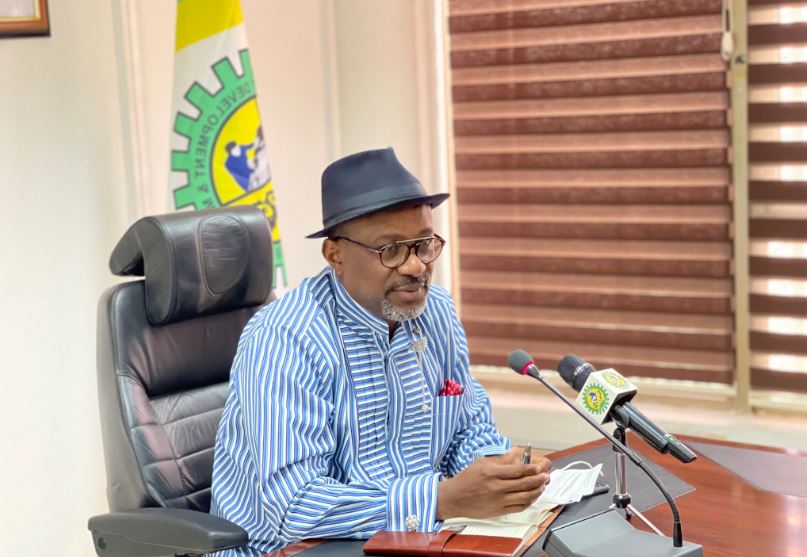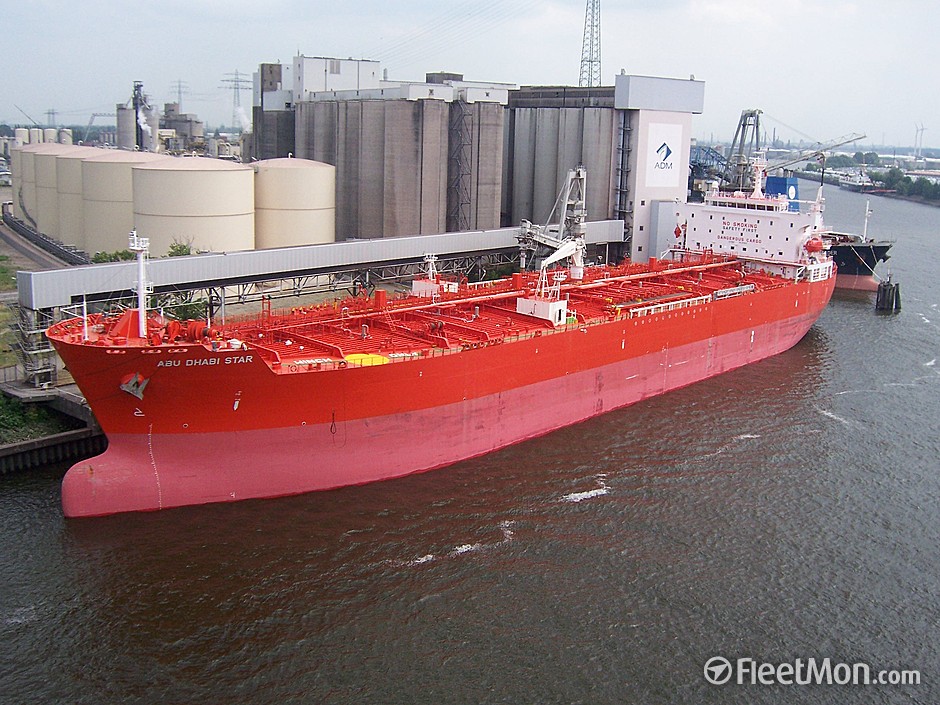Energy
NCDMB to Sanction Companies for Non-compliance with HCD Guidelines

Modupe ASUDO
ABUJA-THE Nigerian Content Development and Monitoring Board says it will sanction companies that default or fail to comply with the Human Capacity Development provisions contained in the Nigerian Oil and Gas Industry Content Development Act.
The Executive Secretary, NCDMB, Engr. Simbi Wabote made this known on Tuesday while delivering a keynote address at the second edition of the Virtual Stakeholders workshop for Human Capacity Development in the Nigerian Oil and Gas Industry.
Speaking on the topic, Human Capacity Development: The Pillar for Nigeria’s industrialization, the NCDMB chieftain warned that the Board would enforce periodic forensic audit for HCD programmes and companies found violating the NOGICD Act 2010 and the Ministerial Regulations in executing cost intensive Capacity Development Initiatives as mandated by the Act would be sanctioned.
He said: “it has come to the attention of the Board that some operating companies and services companies are reluctant to implement the HCD programmes as directed by the Board. Most of the companies are testing the mettle of the Board and I want to use this opportunity to inform erring companies that the Board will meet appropriate sanctions to them as prescribed by the Act”.
He added that the Board is mandated to ensure that the industry derives maximum benefits from huge investments and also ensure beneficiaries of the HCD training programmes find gainful employment in the industry.
Stressing on the importance of human capacity development, Wabote said,”with the rapid advancement in technologies used in the oil and gas industry, our industry will continue to be manned by foreigners and expats, if we do not keep pace with the spate of technological development by developing the human capabilities required for the challenges of modern industrial technologies. It is with a view to developing the Nigerian workforce capable of leading and advancing technological developments in the oil and Gas industry and supporting the attainment of Nigerian local Content aspirations that the proponents of the NOGICD Act deemed it necessary to include clauses that mandate Employment and Training in the Act.”
Wabote commended the efforts of some operating companies and services companies that comply with the directives of the Board, noting that the future of the industry will be at risk without adequate investment in Human Capacity Development. He reiterated that Nigeria is leading Africa on Human Capacity Development in the oil and Gas industry.
“I can proudly say that we have the skilled workforce to lead and sustain the development of oil fields in Africa for the foreseeable future. All the major and serious oil and gas operating and service companies have Nigerians in very senior leadership positions and we are beginning to export our workforce across the world”, he added.
The Nigerian Content Boss further revealed that that the Board has trained over 13,000 workforce in different skill areas and over 5,000 are gainfully employed in the industry. He mentioned that various capacity development initiatives have been executed by the Board including upgrading and commissioned dilapidated facilities in vocational and tertiary institutions in Akwa Ibom, Bayelsa and Rivers States; trained the Science, Technology, Engineering and Mathematics (STEM) teachers in secondary schools and promoted Technical vocational Educational Systems (TVETS) policy across the country and equipping them with modern tools and machines and completed the ultra-modern vocational centre of excellence which was initiated by the Petroleum Technology Development Fund (PTDF) in Port Harcourt;
This year’s edition of the Human Capital Development (HCD) Workshop is aimed at Revamping Training and Development in the Oil and Gas industry in a post COVID-19 world while raising compliance with the new HCD Learning & Development Plan. It also seeks to improve “employability” of trainees as well as adopt technology to accelerate the quality and speed of training development.
Energy
Sahara Group Urges More Refining, Storage To Boost Africa’s Downstream
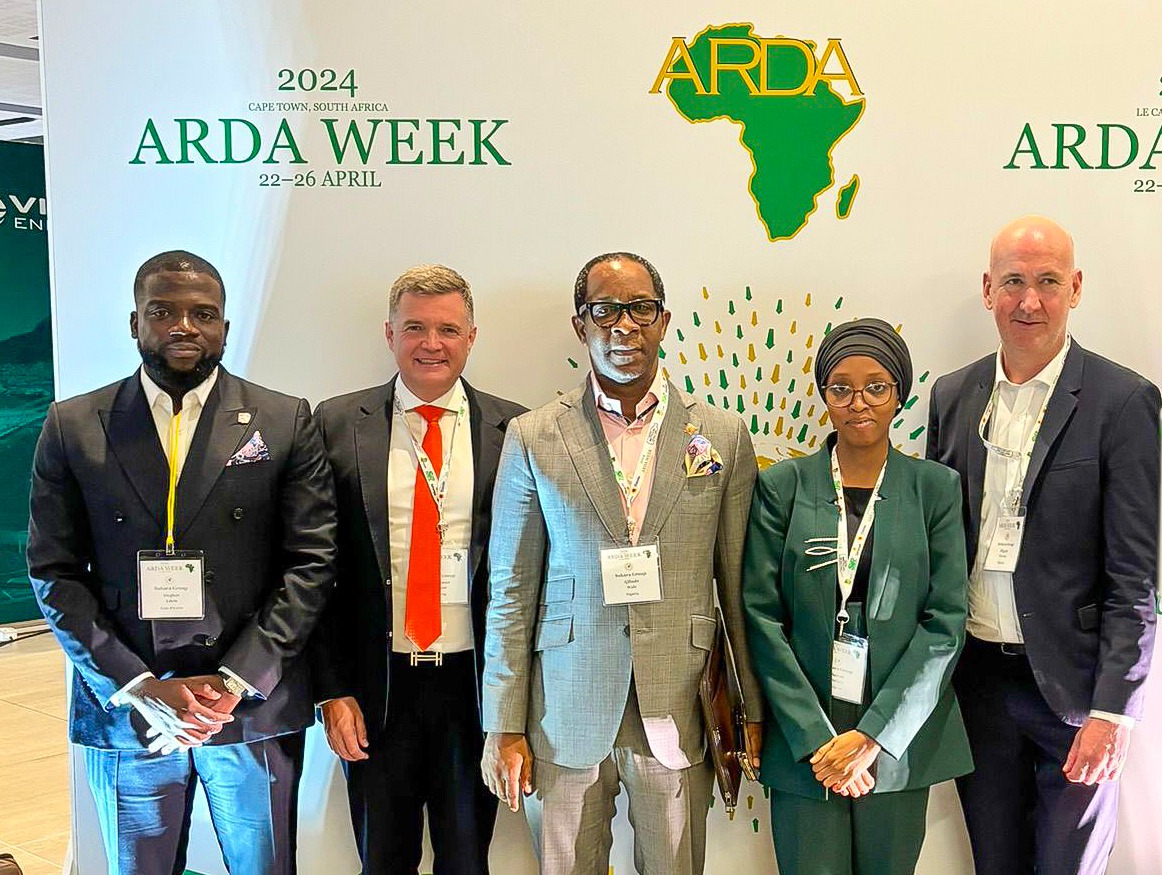
Inadequate refining capacity, insufficient storage, and impeded product movement across Africa are the three major impediments slowing the growth of the continent’s downstream oil sector, Wale Ajibade, Executive Director, Sahara Group has said.
Ajibade expressed his views in a paper “Africa Downstream Market Developments and Forecast” presented at the recently concluded Africa Refiners and Distributors Association (ARDA) Week 2024 in Cape Town, South Africa.
He maintained that addressing these gaps would transform Africa’s downstream petroleum industry.
Biztellers reports that the ARDA Week 2024 is Africa’s foremost gathering of stakeholders in the downstream oil industry.
Ajibade noted that shoring up the continent’s refining capacity was critical to sustaining efficiency, availability and accessibility in the sector.
He explained that as Africa explored ways of achieving hitch-free energy transition, efforts must be made to ensure optimisation of the sector’s value responsibly and collaboratively.
In his words, “Many African countries lack sufficient refining capacity to meet domestic demand, leading to heavy reliance on imports. This lack of self-sufficiency leaves these markets vulnerable to supply disruptions.
“Addressing this would require fresh investments and collaboration across the sector’s value chain.”
On insufficient storage infrastructure, Ajibade pointed out that this has continued to hamper the ability to maintain strategic reserves and ensure reliable supply during times of high demand or supply chain disruptions.
“In East Africa, shippers at Beira, Dar es Salaam and Mombasa — the key entry ports for refined products — are experiencing significant demurrage. Ageing and poorly maintained pipeline networks result in significant product losses and distribution bottlenecks,” he stated.
According to him, a collaborative solution which involves regulators, operators, investors, financial institutions, and government owned oil companies is required to help the African downstream sector to reach its full potential and provide reliable and affordable energy access to the continent’s growing population.
“Africa’s downstream Market leaders will need to work closely with her the various governments and agencies to carefully navigate the complex challenges through regulation and technology adoption while pushing for sustainable growth across Africa,” he added.
He also stated that the continent increasingly relied on imports of refined products to support consumption growth, primarily due to the underutilisation of existing refineries caused by technical issues.
He called for, “Investments in refinery upgrades, pipeline modernisation, and the construction of new storage facilities will be crucial to overcoming these challenges and unlocking the region’s energy security and economic development.”
Highlighting some positive trends in the sector, Ajibade said the African downstream market is experiencing rapid growth and transformation, driven by soaring energy demand, population growth, and the focus on industrialisation, urbanisation, and economic He explained that these would drive the demand for refined petroleum products, petrochemicals, and related downstream services is forecasted to grow by up to 30% by 2040.
“Africa is experiencing a lot of migration from rural to urban areas. In 2015, Africa had only six cities with more than five residents compared to 17 expected in 2030. Africa has experienced an increase in the number and capacity of industries across the continent, with industrial GDP set to double by 2025,” he said.
On the promotion of regional and cross-border trade, Ajibade noted that initiatives such as the African Continental Free Trade Area are promoting regional integration and facilitating cross-border trade in downstream products.
“This is encouraging investments in integrated downstream assets, logistical infrastructure, and harmonised regulatory frameworks to capitalise on the expanded market opportunities,” concluding that production of chemicals, plastics, lubricants, and specialty products would foster self-sufficiency and spur economic growth through increased job creation, reduced import reliance and enhanced technological innovation,” he added.
Energy
NNPC Ltd, Partner Unlock 12,000bpd Production From Awoba Unit Field
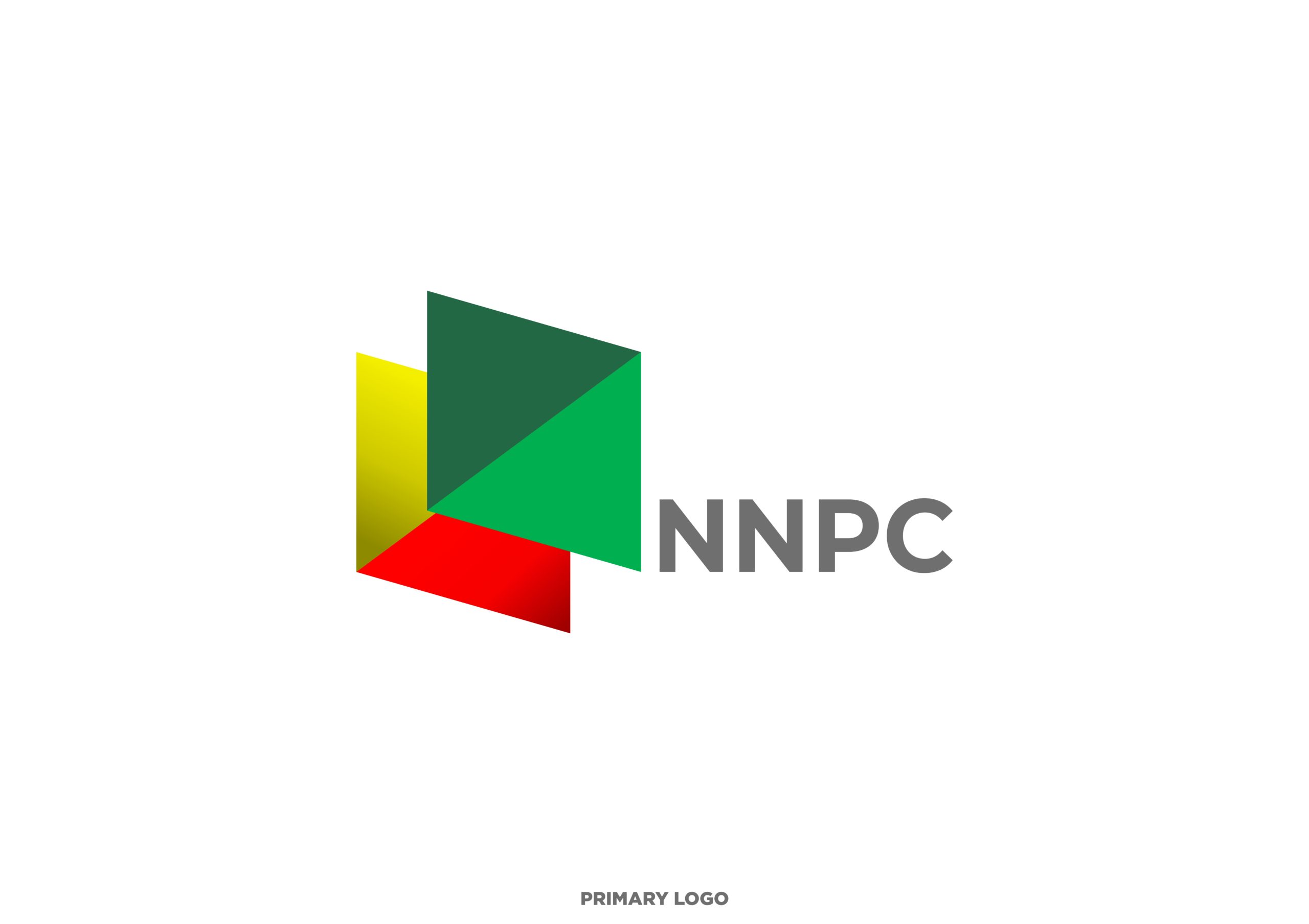
Keen on optimising production from the nation’s hydrocarbon assets to boost revenues and meet her OPEC production quota, the Nigerian National Petroleum Company Limited (NNPC Ltd.) and its Joint Venture partner in the Awoba Unit Field, Newcross Exploration and Production Ltd., have restarted production from the Awoba field which last contributed production to the Bonny Terminal in 2021 and was finally shut down in February 2022 due to evacuation issues and crude oil theft.
This was contained in a statement put out on the state oil company’s X handle on Tuesday from Abuja, under the signature of its Chief Corporate Communications Officer, Olufemi O. Soneye.
He asserted that since the restart of the Awoba field by NNPC Ltd and it partners on April 13, 2024; production from the field has averaged 8,000 barrels per day and is expected to plateau at 12,000 per day at full ramp up within 30 days.
Awoba is also expected to significantly boost gas supply to the power sector and other gas-based industries, Soneye added.
Biztellers reports that the Awoba Unit which straddles OMLs 18 and 24 is located in the mangrove swamp south of Port Harcourt, Rivers State. Both OML 18 and OML 24 assets are under the management of the NNPC Upstream Investment Management Services (NUIMS).
Recall that the NNPC Ltd. has been recording a string of production successes from the JV portfolio which have significantly lifted overall national production. Besides the recent start of production at the Madu Field by the NNPC Ltd/First E&P JV, the company has achieved the restart of production at OMLs 29 and OML 18 in late 2023 which have steadily contributed an average of 60,000bpd to the nation’s production output since their restart.
The Group Chief Executive Officer of NNPC Ltd., Mallam Mele Kyari, ascribed the achievement to the President Bola Ahmed Tinubu administration’s success in providing enabling operating environment for businesses to thrive.
He expressed appreciation to all stakeholders (staff, operators, host communities, government security agencies, and private security contractors) who played a pivotal role in achieving the feat.
Energy
NNPC Ltd, First E&P Achieve 20,000bpd Production At OML 85
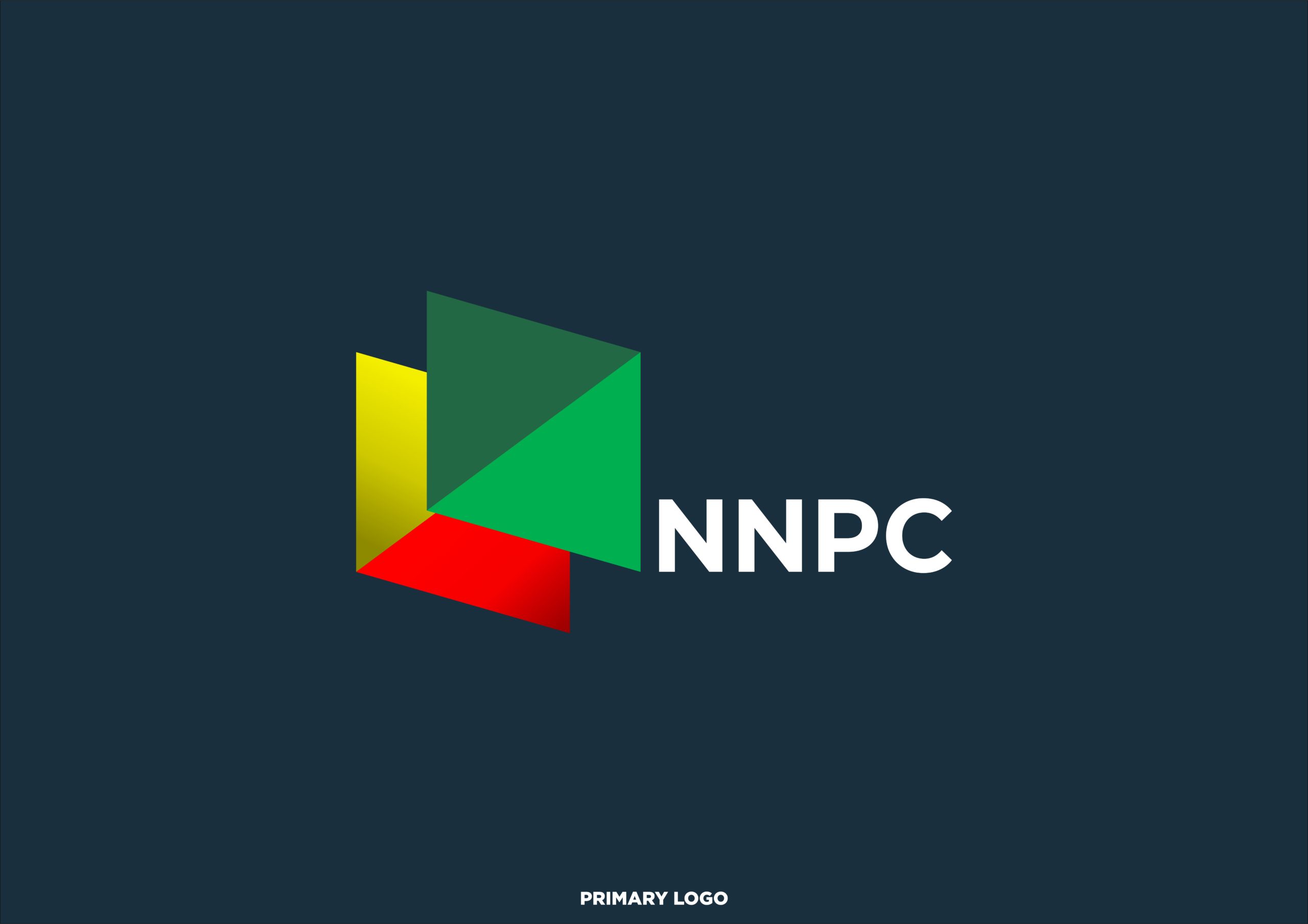
The Nigerian National Petroleum Company Limited (NNPC Ltd) and its Joint Venture partner in OML 85, First Exploration and Petroleum Development Company Limited (First E&P), have commenced oil production from the asset also known as Madu Field.
Biztellers reports that production from the field which is located in shallow waters offshore Bayelsa State and operated by First E&P is expected to be at an average of 20,000 barrels per day.
The achievement is a testament to the commitment of the President Bola Tinubu administration to optimise production from the nation’s oil and gas assets through the provision of enabling environment for existing and prospective investors.
According to the Group Chief Executive Officer of NNPC Ltd, Mele Kyari, the commencement of oil production at the Madu Field is a significant milestone that will contribute to the larger goal of meeting the production required to drive revenue growth and boost the nation’s economy.
He commended stakeholders for their support, and opined that the addition of 20,000 barrels per day by an indigenous oil player signals the commitment of stakeholders to achieving economic development for Nigeria.
Recall that the Final Investment Decision (FID) on the development of the Madu Field and a sister field, Anyala, was taken by the NNPC Ltd/First E&P JV in 2018.
Production from the Madu Field will be processed at the JV’s Abigail-Joseph Floating Production Storage and Offloading (FPSO) Unit, which has a crude oil storage capacity of up to 800,000bbls.








